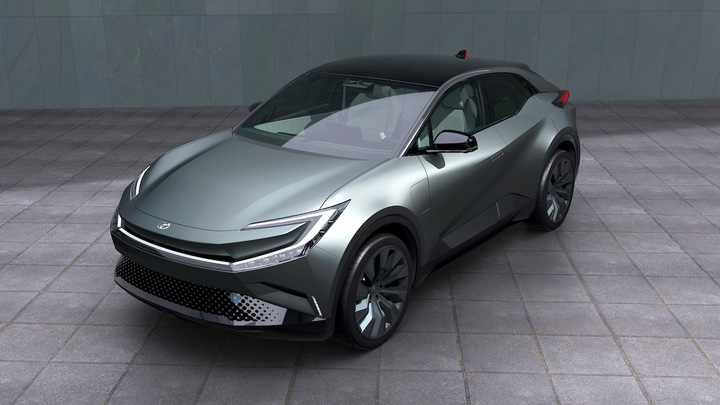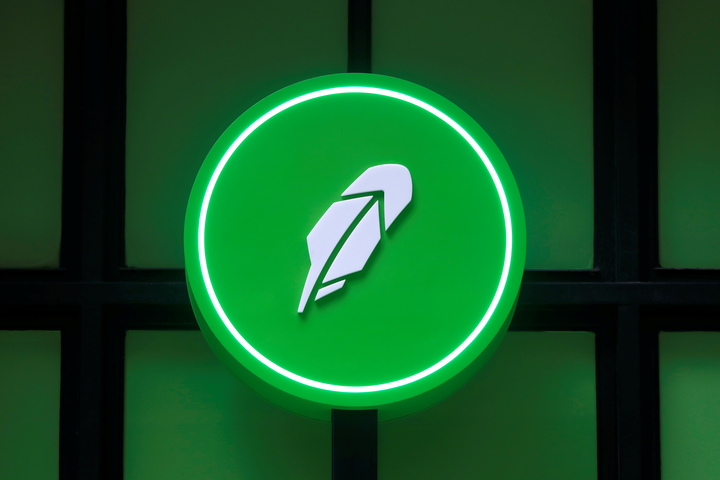How could solid-state batteries improve next-gen EVs?
Small electrical gadgets like pacemakers and smartwatches have utilized solid-state batteries. The development of EV battery mass production has been slower than expected.
Toyota claimed to have solved a solid-state battery durability problem, clearing the door for manufacturing, which it anticipates will start in 2027–2028.

·Solid-state batteries offer higher energy density compared to traditional lithium-ion batteries. This means they can store more energy per unit volume or weight, enabling EVs to have longer driving ranges on a single charge.
Also Read: Why did Robinhood Markets remove three crypto tokens?
This improved energy density is particularly advantageous for electric vehicles where maximizing range is a critical factor. Solid-state batteries are considered safer than conventional lithium-ion batteries.
The absence of liquid electrolytes eliminates the risk of leakage, thermal runaway, and fire hazards associated with traditional battery chemistries. This makes solid-state batteries more stable and less prone to accidents, increasing the overall safety of EVs.
These batteries have the potential to support significantly faster charging speeds. Their unique structure and advanced materials allow for improved ion conductivity, reducing charging times compared to lithium-ion batteries. Rapid charging capabilities are crucial for the widespread adoption of EVs by addressing one of the primary concerns of consumers—long charging times.
They exhibit improved cycle life, meaning they can withstand a greater number of charge and discharge cycles before experiencing degradation. This extended lifespan translates into longer-lasting EV batteries that require less frequent replacement, reducing costs and environmental impact.
Solid-state batteries perform better across a wide range of temperatures, including extremely cold or hot conditions. They are less affected by temperature fluctuations, allowing EVs equipped with solid-state batteries to maintain their performance and range in challenging weather conditions.
They offer greater design flexibility due to their solid and flexible nature. They can be made thinner, lighter, and molded into various shapes, allowing for more creative integration into different vehicle designs.
This flexibility could lead to improved space utilization, increased cargo capacity, or even the integration of batteries into structural components, optimizing the overall vehicle design.
Also Read: AI startup Cohere raises funds from Nvidia, valued at $2.2 billion
Solid-state battery cells for EVs have been manufactured in prototype form by automakers and technology companies, but mass production has not yet been scaled up. It is challenging to create a solid electrolyte that is chemically inert, stable, and nevertheless an effective ion conductor between the electrodes.
In addition, they are hard to make and expensive to crack. As a result, liquid lithium-ion batteries are much less expensive than solid-state batteries.
Toyota withheld projected expenses for its new solid-state battery electric vehicle (EV) or the additional investment required to increase manufacturing.

I am a law graduate from NLU Lucknow. I have a flair for creative writing and hence in my free time work as a freelance content writer.





